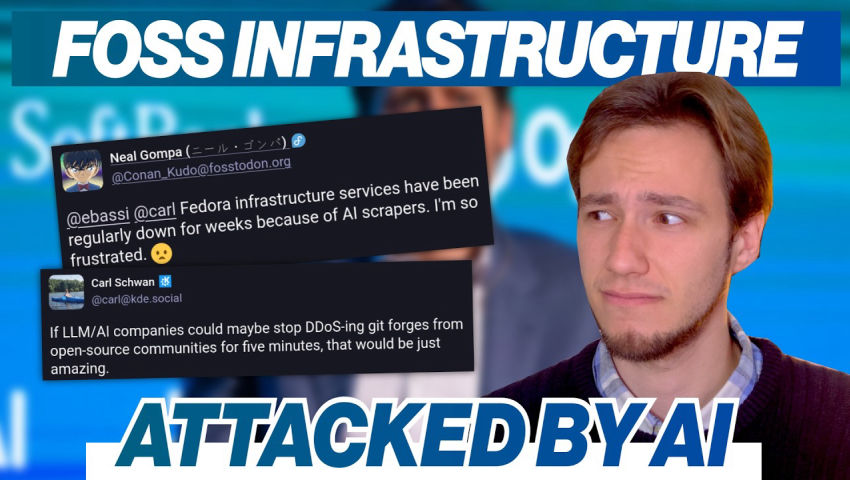

Kind of, I wouldn’t really call them an international organisation in the way I would be imagining, see how easy it was to cut their funding when national interests turned openly fascist. Their affiliation with the US government above more independent, international organisations meant, that they would support privacy and a free and open internet, as long as it helps dissidents in other, non-aligned countries, but quick to cut it, if it reaches their own doorsteps.











A mixture of the elements within the US that actually believed the stuff about personal rights and democracy still existing behind the more sinister realities, as well as it being in the same pot of funded projects like Radio Free Asia, Radio Liberty and the likes, which always were a mix of just outright propaganda organs, but also providing the scaffolding of free media access for some regions in the past.
So, it’s complicated, ultimately rooted in a mix of the cynical US wanting to support dissidents in other countries, and the idealist US also having people actually believing in personal freedom and privacy, even within their government/state structures.
Also, just in general, a lot of FOSS projects get funding from governments, US or otherwise. If I remember correctly ReactOS got a lot of funding from Russia, for example, because they saw a potential way to get away from Microsoft in it.
From what I gather, there was no open influence wielded over those projects, I at least don’t remember the OTF forcing a backdoor onto Tor Browser for the CIA or something like that - thankfully the open source structure makes that easier to control - but the weakness becomes apparent now, of course, because funds could now be withdrawn, as the government turned fascist.